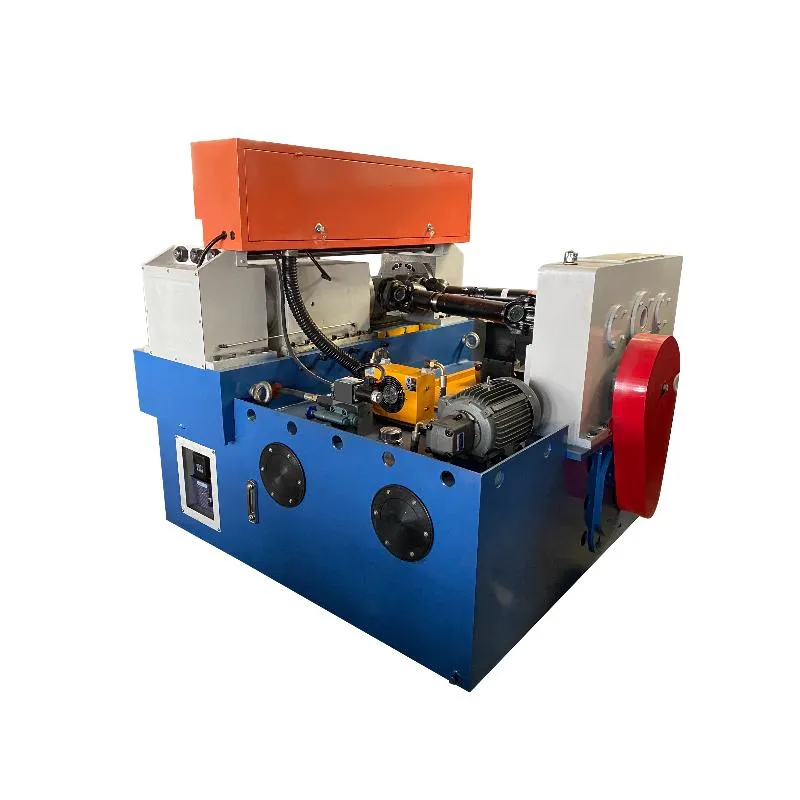
-
 Afrikaans
Afrikaans -
 Albanian
Albanian -
 Amharic
Amharic -
 Arabic
Arabic -
 Armenian
Armenian -
 Azerbaijani
Azerbaijani -
 Basque
Basque -
 Belarusian
Belarusian -
 Bengali
Bengali -
 Bosnian
Bosnian -
 Bulgarian
Bulgarian -
 Catalan
Catalan -
 Cebuano
Cebuano -
 Corsican
Corsican -
 Croatian
Croatian -
 Czech
Czech -
 Danish
Danish -
 Dutch
Dutch -
 English
English -
 Esperanto
Esperanto -
 Estonian
Estonian -
 Finnish
Finnish -
 French
French -
 Frisian
Frisian -
 Galician
Galician -
 Georgian
Georgian -
 German
German -
 Greek
Greek -
 Gujarati
Gujarati -
 Haitian Creole
Haitian Creole -
 hausa
hausa -
 hawaiian
hawaiian -
 Hebrew
Hebrew -
 Hindi
Hindi -
 Miao
Miao -
 Hungarian
Hungarian -
 Icelandic
Icelandic -
 igbo
igbo -
 Indonesian
Indonesian -
 irish
irish -
 Italian
Italian -
 Japanese
Japanese -
 Javanese
Javanese -
 Kannada
Kannada -
 kazakh
kazakh -
 Khmer
Khmer -
 Rwandese
Rwandese -
 Korean
Korean -
 Kurdish
Kurdish -
 Kyrgyz
Kyrgyz -
 Lao
Lao -
 Latin
Latin -
 Latvian
Latvian -
 Lithuanian
Lithuanian -
 Luxembourgish
Luxembourgish -
 Macedonian
Macedonian -
 Malgashi
Malgashi -
 Malay
Malay -
 Malayalam
Malayalam -
 Maltese
Maltese -
 Maori
Maori -
 Marathi
Marathi -
 Mongolian
Mongolian -
 Myanmar
Myanmar -
 Nepali
Nepali -
 Norwegian
Norwegian -
 Norwegian
Norwegian -
 Occitan
Occitan -
 Pashto
Pashto -
 Persian
Persian -
 Polish
Polish -
 Portuguese
Portuguese -
 Punjabi
Punjabi -
 Romanian
Romanian -
 Russian
Russian -
 Samoan
Samoan -
 Scottish Gaelic
Scottish Gaelic -
 Serbian
Serbian -
 Sesotho
Sesotho -
 Shona
Shona -
 Sindhi
Sindhi -
 Sinhala
Sinhala -
 Slovak
Slovak -
 Slovenian
Slovenian -
 Somali
Somali -
 Spanish
Spanish -
 Sundanese
Sundanese -
 Swahili
Swahili -
 Swedish
Swedish -
 Tagalog
Tagalog -
 Tajik
Tajik -
 Tamil
Tamil -
 Tatar
Tatar -
 Telugu
Telugu -
 Thai
Thai -
 Turkish
Turkish -
 Turkmen
Turkmen -
 Ukrainian
Ukrainian -
 Urdu
Urdu -
 Uighur
Uighur -
 Uzbek
Uzbek -
 Vietnamese
Vietnamese -
 Welsh
Welsh -
 Bantu
Bantu -
 Yiddish
Yiddish -
 Yoruba
Yoruba -
 Zulu
Zulu
Innovative Mini Thread Rolling Machine for Precision and Efficiency in Metal Manufacturing Applications
The Evolution and Significance of Mini Thread Rolling Machines
In the world of manufacturing and precision engineering, thread rolling has emerged as a critical process for creating high-quality threaded components. Among the diverse array of thread rolling machines, the mini thread rolling machine stands out due to its compact design and efficiency. This article explores the importance, applications, and advancements in mini thread rolling machines.
What is a Mini Thread Rolling Machine?
A mini thread rolling machine is a specialized piece of equipment designed to create threads on various materials, such as metal, plastics, and composites. Unlike traditional cutting methods, thread rolling is a cold-forming process that deforms the material to create threads. This technique results in stronger threads due to the improved grain structure and reduced stress concentrations. The mini thread rolling machines are particularly advantageous for small-scale production and high-precision applications.
Advantages of Mini Thread Rolling Machines
One of the most significant benefits of mini thread rolling machines is their compact size. Designed to fit into smaller workshops or production lines, these machines provide versatility without sacrificing performance. Their smaller footprint allows manufacturers to optimize space and production efficiency. Additionally, mini thread rolling machines are often equipped with advanced controls and automation features, enhancing precision and reducing the risk of human error.
Another advantage is that these machines tend to consume less energy compared to their larger counterparts. With rising energy costs and a growing emphasis on sustainable manufacturing practices, the energy efficiency of mini machines makes them an attractive option for many businesses.
Applications Across Industries
famous mini thread rolling machine

Mini thread rolling machines find applications across a wide range of industries, including automotive, aerospace, electronics, and medical devices. In the automotive sector, they are used to produce components such as bolts, screws, and fasteners that require precise threading. The aerospace industry, known for its stringent quality standards, also benefits from the reliability and accuracy of mini thread rolling machines for producing critical parts.
Moreover, the electronics industry uses these machines to create small-threaded components that are essential for various devices. In medical technology, the need for precision threading is paramount, as it is often associated with implants and surgical instruments, making mini thread rolling machines indispensable.
Technological Innovations
The evolution of mini thread rolling machines has been marked by technological advancements. Manufacturers are increasingly integrating computer numerical control (CNC) systems into these machines, allowing for greater precision and repeatability. CNC mini thread rolling machines can automatically adjust parameters to accommodate different materials and thread specifications, reducing setup times and improving overall efficiency.
Additionally, advancements in materials science have led to the development of more durable and efficient rolling dies, which can withstand higher pressures and offer longer service life. The introduction of smart manufacturing principles and Industry 4.0 initiatives also means that many mini thread rolling machines now come equipped with IoT capabilities. This allows for real-time monitoring and data collection, enabling manufacturers to predict maintenance needs and optimize production processes.
Conclusion
In conclusion, mini thread rolling machines play a vital role in modern manufacturing by offering a compact, efficient, and versatile solution for producing high-quality threaded components. Their applications across various industries highlight their significance in meeting the demands of precision engineering. As technology continues to advance, these machines are poised to become even more important, driving innovation and efficiency in the manufacturing sector. Embracing mini thread rolling machines not only enhances production capabilities but also contributes to sustainable manufacturing practices, making them an investment worth considering for any forward-thinking company.
